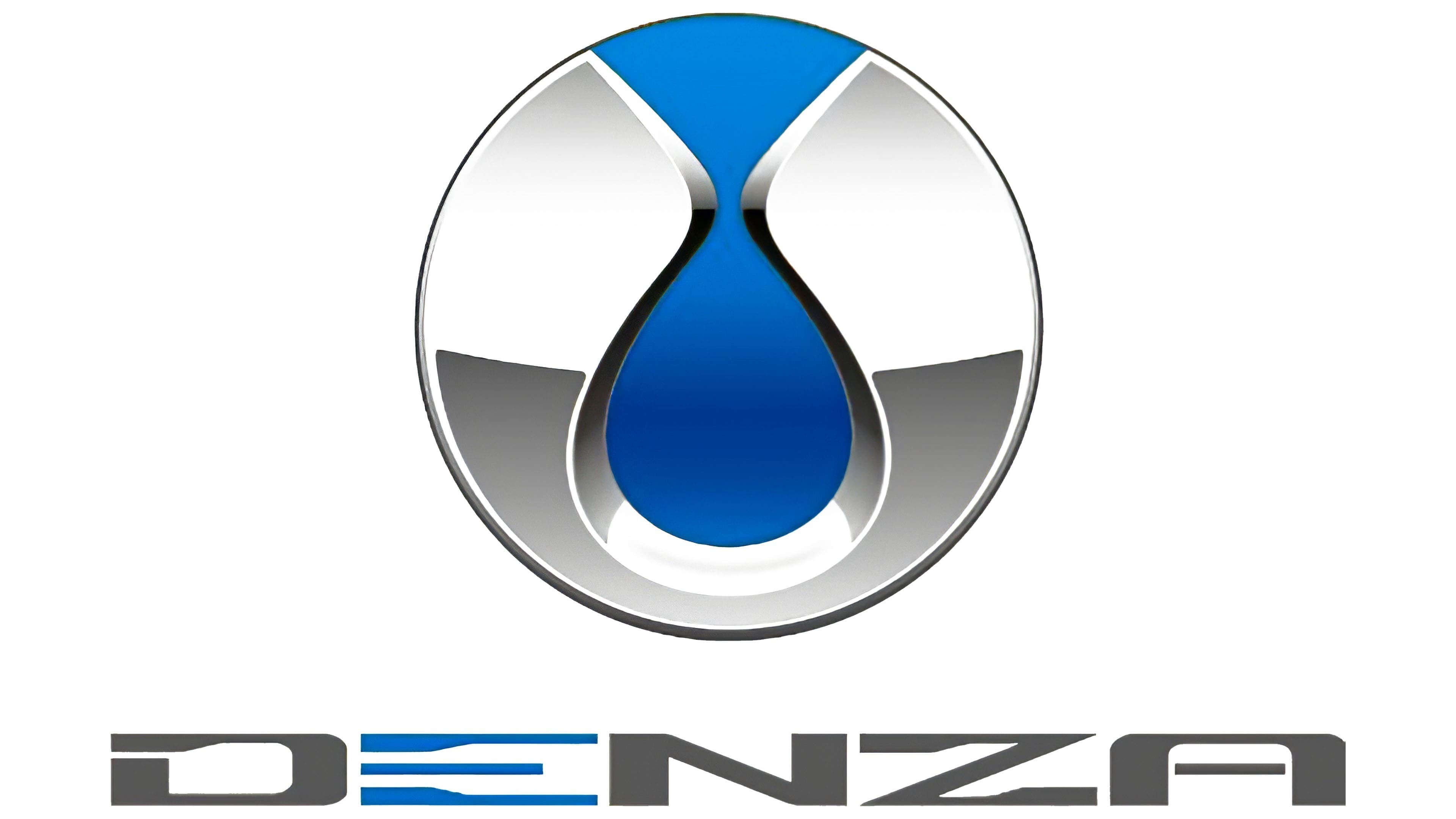

Chinese automaker BYD Co. has taken full control of its joint venture with Mercedes-Benz Group AG, marking the end of a 13-year partnership in China's electric vehicle (EV) market. BYD acquired the remaining 10 per cent of shares in the company that were previously owned by Mercedes-Benz, bringing the Denza premium EV brand entirely under BYD's ownership. The terms of the deal were not disclosed, and Mercedes-Benz representatives in China declined to comment. BYD sells around 3 million vehicles a year, making it the world's leading EV company.

The dissolution of this joint venture comes at a time of escalating trade tensions between China and Europe. The European Commission is preparing to impose additional tariffs on Chinese EVs, with potential rates reaching up to 36.3 per cent. A vote by European Union member states on the proposal is expected next week.
Denza, officially known as Shenzhen BYD New Energy Co., was founded in 2011 as a 50-50 joint venture between BYD and Mercedes (then Daimler). The collaboration aimed to produce premium electric vehicles, but disappointing sales led Mercedes to reduce its stake to 10 per cent in 2021. This latest move by BYD signals the company's intent further to consolidate its position in the rapidly growing EV market, while foreign automakers are increasingly scaling back their presence in China amidst a challenging trade environment.
In July 2024, Turkey reportedly signed an electric vehicle manufacturing contract with Chinese electric car maker BYD. According to Turkish officials, the $1 billion plant will be located in the west of the country. The new plant coming up in Turkey will give the Chinese car manufacturer easier access to the European Union, as a small part of Turkey called East Thrace is in Southeast Europe. With the new plant, BYD will serve the Turkish domestic market with EVs, which accounted for 7.5 per cent of car sales last year in Turkey.
Aluminium extrusions usage in the transportation sector is expected to grow at a CAGR of around 4.32 per cent during the next seven years due to vehicles’ light-weighting needs and growth in the market for new energy vehicles.
Passenger cars use aluminium extrusions to produce complex shapes at a lighter weight. According to the Aluminium Association, on average, North American passenger cars have more than 20 kg of aluminium extrusion content in 2020, as compared to 18 kg in 2016. Extrusion content is likely to reach close to 25 kg per vehicle by 2025.



Responses






